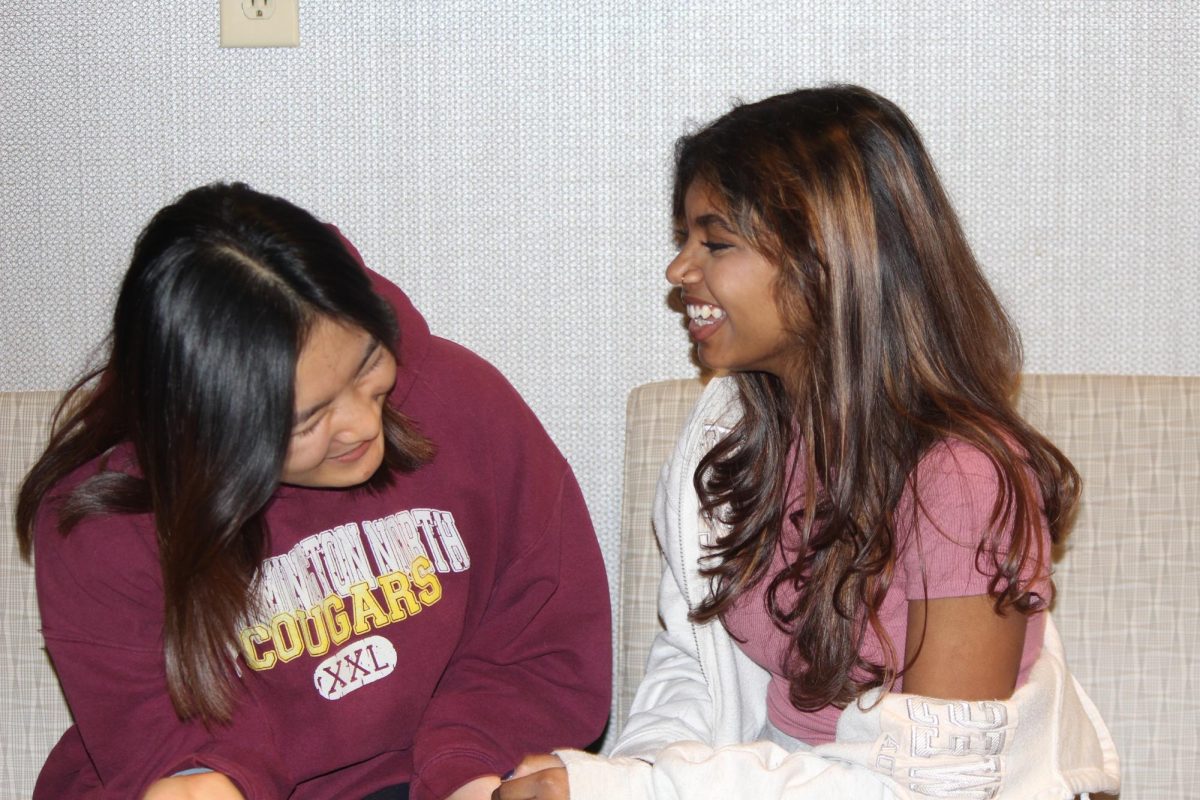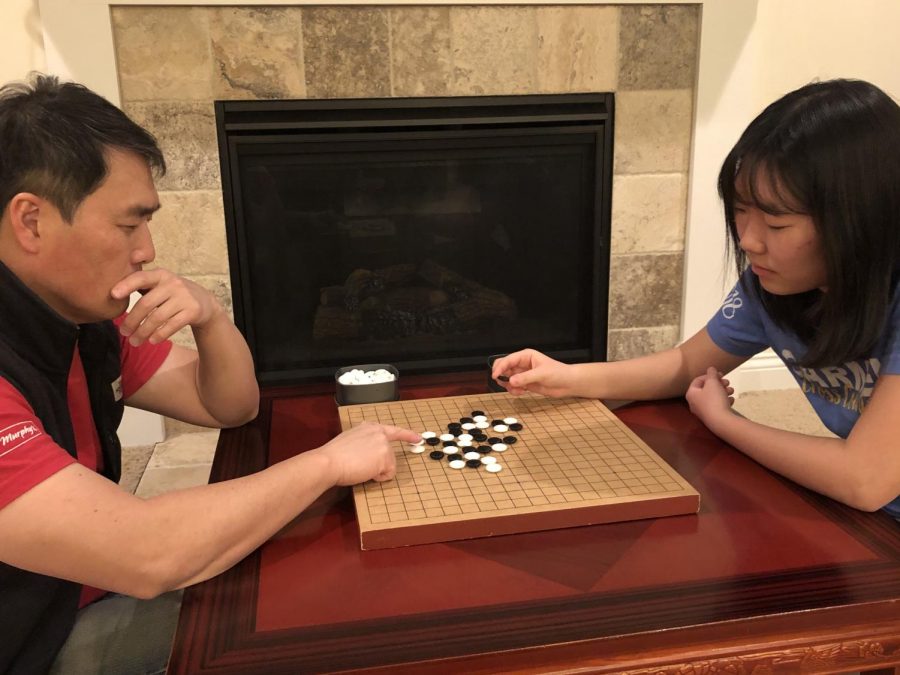For senior Lauren Lee, Korean culture isn’t just a part of her, it is her identity, an integral part of who she is, and as Korean American Day is Jan. 13, students at this school like Lee said they are taking a closer look at Korean culture.
Lee said, “It’s hard to really say (what Korean culture means to me) just because it’s been part of my life since I was born, but I would say that I guess Korean culture is a bit more community-oriented than American culture so it is nice to be able to experience different kinds of focuses and to me, it’s just my family, it’s the food (and) the dramas.”
Lee is not alone in her cultural sentiment. According to the Migration Policy Institute’s 2014-2018 U.S. Immigrant Population by State and County map, there are around 1 million Korean immigrants in the United States, accounting for about 2.4% of the 44.5 million immigrants in the United States.
With this considerable amount of Korean immigrants, there has been an increased interest in Korean culture as a whole. Sophomore Lauren Schaefer, who has been learning Korean on her own, demonstrates this interest.
“I kind of was introduced to (Korean culture) in seventh grade and since then I’ve been introduced to it more and more and it’s just become really interesting to me and I’ve kind of become engulfed by it,” Schaefer said. “I became interested in the language so then I started learning it on my own in seventh and eighth grade and I just kind of learned that through textbooks and online apps and stuff like that.”
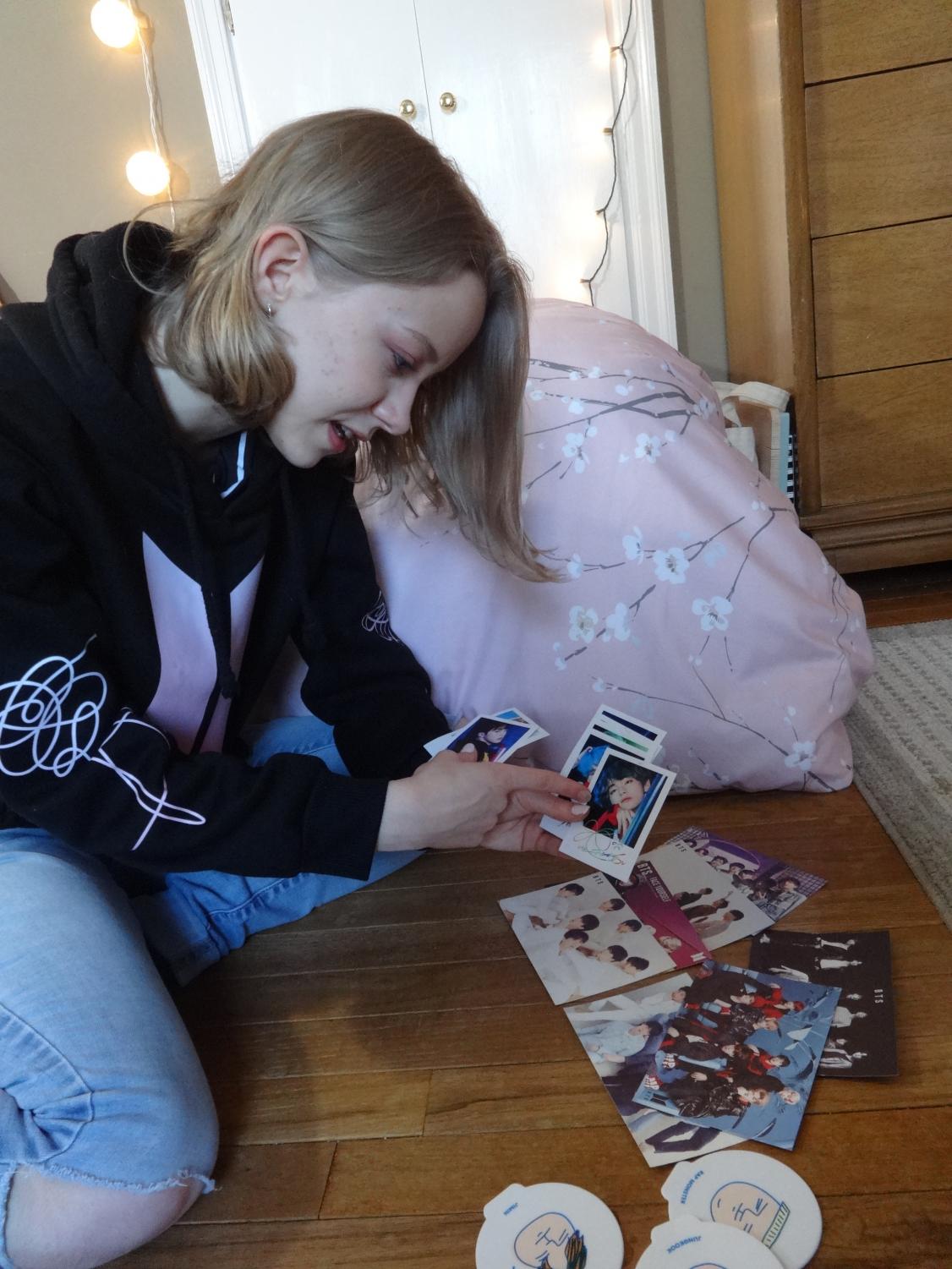
Schaefer said learning about Korean culture has impacted her viewpoint on learning about different cultures.
“I think it’s definitely made me more open to different cultures and different types of cultures around the world because South Korea’s culture is so different from at least how I grew up and the culture that I experienced,” Schaefer said, “so it’s definitely made me more open-minded and more eager to learn about different cultures, too.”
This rapid growth of awareness regarding Korean culture has been coined “Hallyu” in Korean, meaning the Korean Wave. Lee said she has seen an increase in interest in Korean culture in different aspects such as entertainment.
“I’ve noticed that a lot of major streaming sites have started really trying to put Korean and foreign films on them and there’s even a whole K-Drama section on Netflix so there’s a lot of exposure that people are getting nowadays,” Lee said.
With this increase in interest, there has also been the recognition of a lack of Korean representation in the school curriculum.
Seung-kyung Kim, Korea Foundation professor and director of the Institute for Korean Studies, said there has been widespread misrepresentation of Korean history in schools across the nation.
“In Indy, various high schools do offer Chinese and Japanese, but they do not offer Korean and part of the reason for that has to do with underrepresentation of Korea as a whole in the high school curriculum,” Kim said. “And if the Korean part is represented in history or the world history or the geography, it is often not only underrepresented, but also misrepresented and those things need to be corrected so that students can learn that history is not just facts. So what students need to learn is that Korea is not a country that is just squeezed in between Japan and China.
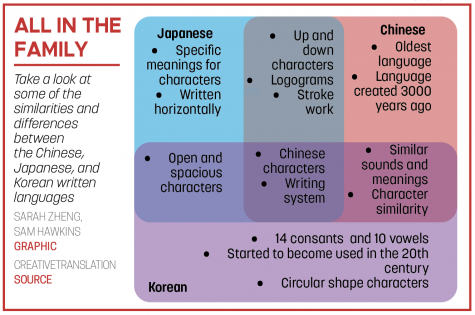
“As director of the Institute,” Kim added, “my goal is trying to have Korean language be included in the high school curriculum. I know it is not easy so what we would like to do is first to see if we offer Korean language as after school extracurricular classes, whether high school students at your high school would be interested in taking it. I want to do a survey actually to see if there is a need, then I know a way to offer those courses.”
Lee said she agreed there is a lack of Korean representation in the school curriculum.
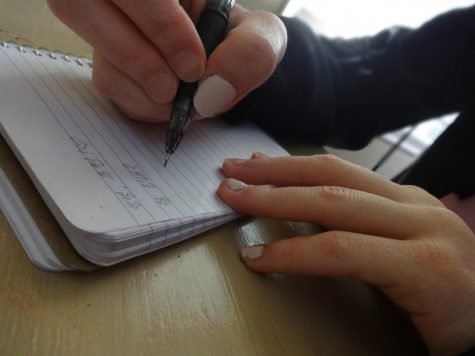
“(Korean culture) is growing in popularity and more people are becoming aware of Korean so I think it’s time to kind of follow the trend and it’s important to stay on top of things, in terms of world awareness,” Lee said. “And I’ve noticed that more Korean students are showing up at Carmel High School, maybe that’s just because before I didn’t know as many and now I do but, to me, it seems like there are more Korean families that are moving to Carmel. So especially here, there’s more of a demand for (a Korean) class and I’m sure that other people would love to take the class as well.”
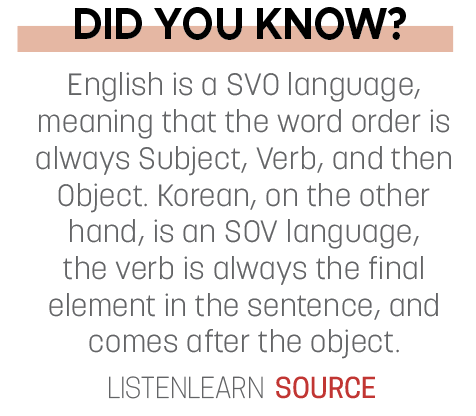 Schaefer said taking such a class will help students in future occupations because of the increased dissemination of Korean culture.
Schaefer said taking such a class will help students in future occupations because of the increased dissemination of Korean culture.
She said, “I just think that like getting the chance to explore cultures outside your own is such a unique experience because if I had never gotten into Korean and if I didn’t embrace it then I don’t think I would find out that my main life goal, as of now, is to move to Korea because I’ve just like fallen in love with it basically and so you never really know what is going to happen when you jump into new interests, but I think it’s definitely worth it because I just think that the Korean culture is amazing.
“Also, it’s such a great experience,” she added, “because, since I’m a white American, my culture is basically just standard American culture, which is, in my opinion, pretty boring, like I have nothing other than just the typical American food. But then once you get to explore other cultures, it’s so much more interesting and it brings so much more flavor into your life.”



















![Joseph Broman, Mu Alpha Theta sponsor, grades tests for his honors precalculus/trigonometry class. Broman said, “I’m retiring from the Math Club next year and I’m just going to do Mu Alpha Theta so I can focus on that one and we can do more [speaker series] first semester.”](https://hilite.org/wp-content/uploads/2024/03/IMG_9502-1200x900.jpg)











![British royalty are American celebrities [opinion]](https://hilite.org/wp-content/uploads/2024/03/Screenshot-2024-03-24-1.44.57-PM.png)




















![Review: “The Bear” sets an unbelievably high bar for future comedy shows [MUSE]](https://hilite.org/wp-content/uploads/2024/03/unnamed.png)
![Review: “Mysterious Lotus Casebook” is an amazing historical Chinese drama [MUSE]](https://hilite.org/wp-content/uploads/2024/03/0.webp)
![Thea Bendaly on her Instagram-run crochet shop [Biz Buzz]](https://hilite.org/wp-content/uploads/2024/03/IMG_0165-1200x838.jpg)
![Review: Sally Rooney’s “Normal People,” is the best book to read when you are in a time of change [MUSE]](https://hilite.org/wp-content/uploads/2024/03/20047217-low_res-normal-people.webp)
![Review: “One Day” broke me for the second time, but this time it hurt worse [MUSE]](https://hilite.org/wp-content/uploads/2024/03/unnamed-8.png)
![Review in Print: Maripaz Villar brings a delightfully unique style to the world of WEBTOON [MUSE]](https://hilite.org/wp-content/uploads/2023/12/maripazcover-1200x960.jpg)
![Review: “The Sword of Kaigen” is a masterpiece [MUSE]](https://hilite.org/wp-content/uploads/2023/11/Screenshot-2023-11-26-201051.png)
![Review: Gateron Oil Kings, great linear switches, okay price [MUSE]](https://hilite.org/wp-content/uploads/2023/11/Screenshot-2023-11-26-200553.png)
![Review: “A Haunting in Venice” is a significant improvement from other Agatha Christie adaptations [MUSE]](https://hilite.org/wp-content/uploads/2023/11/e7ee2938a6d422669771bce6d8088521.jpg)
![Review: A Thanksgiving story from elementary school, still just as interesting [MUSE]](https://hilite.org/wp-content/uploads/2023/11/Screenshot-2023-11-26-195514-987x1200.png)
![Review: When I Fly Towards You, cute, uplifting youth drama [MUSE]](https://hilite.org/wp-content/uploads/2023/09/When-I-Fly-Towards-You-Chinese-drama.png)
![Postcards from Muse: Hawaii Travel Diary [MUSE]](https://hilite.org/wp-content/uploads/2023/09/My-project-1-1200x1200.jpg)
![Review: Ladybug & Cat Noir: The Movie, departure from original show [MUSE]](https://hilite.org/wp-content/uploads/2023/09/Ladybug__Cat_Noir_-_The_Movie_poster.jpg)
![Review in Print: Hidden Love is the cute, uplifting drama everyone needs [MUSE]](https://hilite.org/wp-content/uploads/2023/09/hiddenlovecover-e1693597208225-1030x1200.png)
![Review in Print: Heartstopper is the heartwarming queer romance we all need [MUSE]](https://hilite.org/wp-content/uploads/2023/08/museheartstoppercover-1200x654.png)























![Review: Ladybug & Cat Noir: The Movie, departure from original show [MUSE]](https://hilite.org/wp-content/uploads/2023/09/Ladybug__Cat_Noir_-_The_Movie_poster-221x300.jpg)

![Review: Next in Fashion season two survives changes, becomes a valuable pop culture artifact [MUSE]](https://hilite.org/wp-content/uploads/2023/03/Screen-Shot-2023-03-09-at-11.05.05-AM-300x214.png)
![Review: Is The Stormlight Archive worth it? [MUSE]](https://hilite.org/wp-content/uploads/2023/10/unnamed-1-184x300.png)


